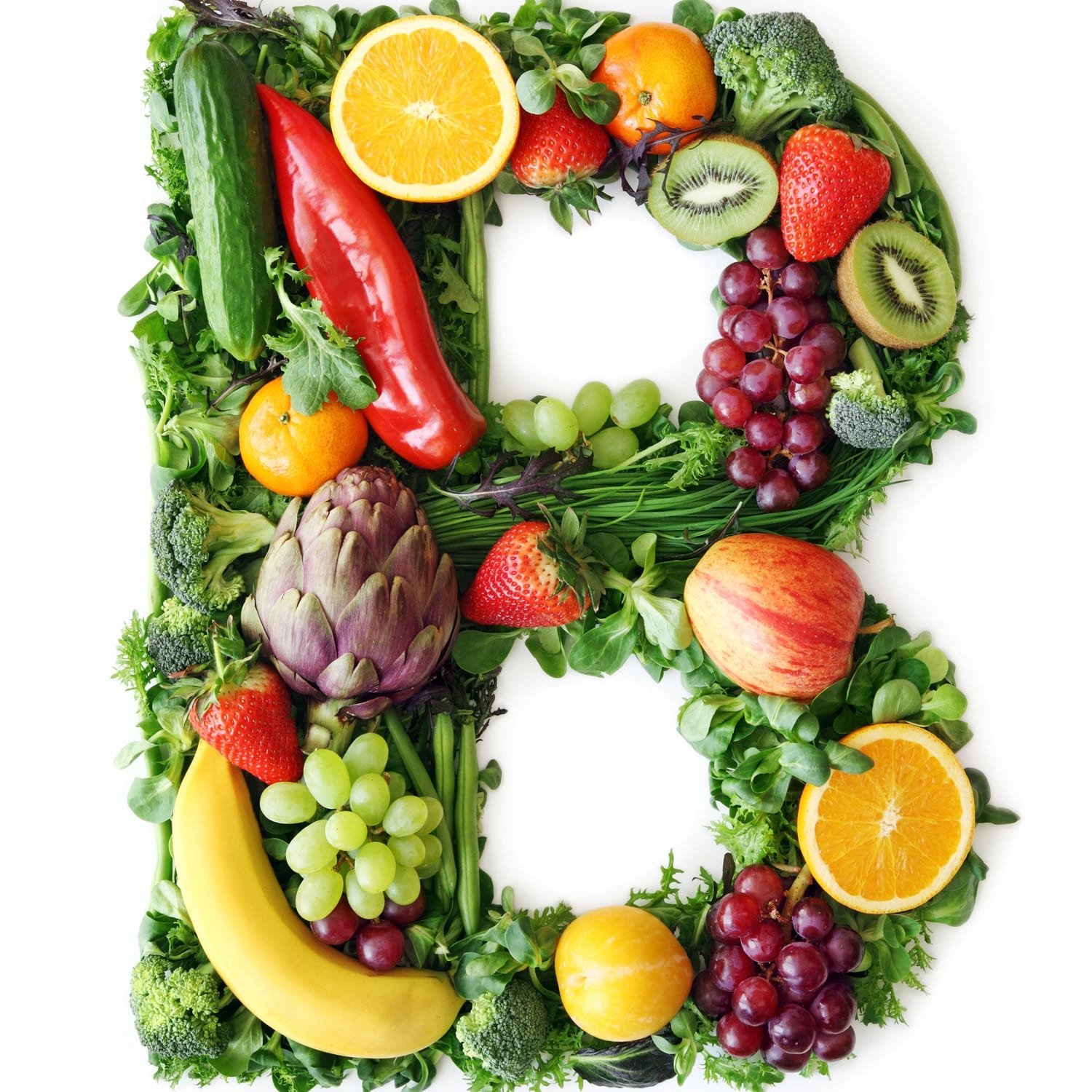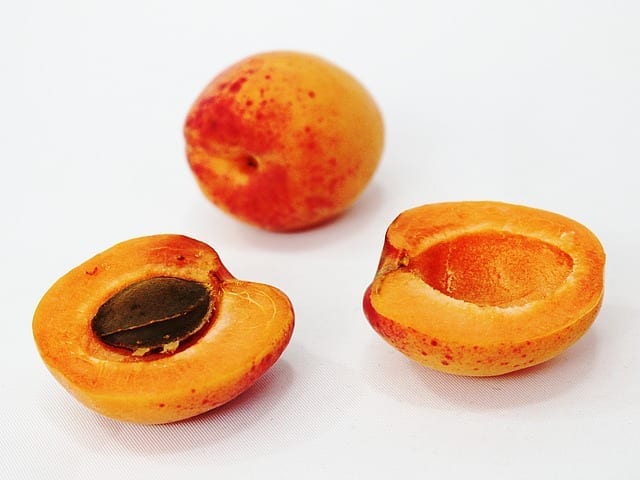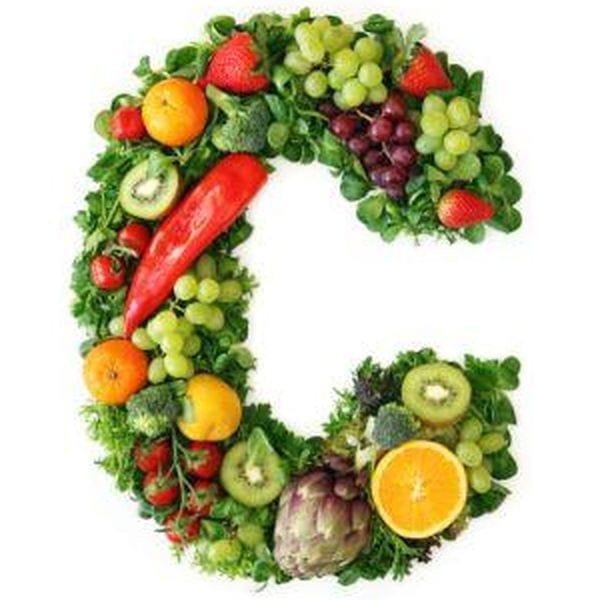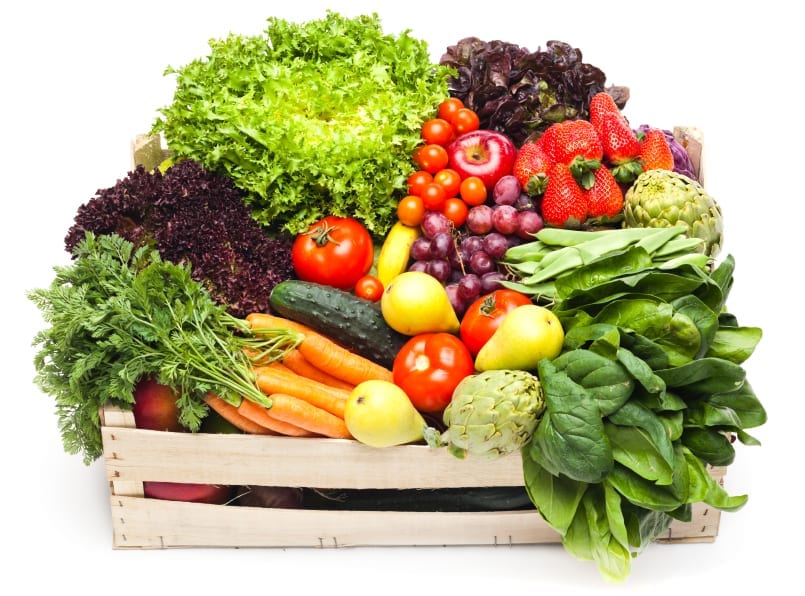There is a misconception that all B vitamins are the same and that they are needed in the same amounts. This is not true and taking a B-complex supplement may not provide you with adequate amounts of some of them including B12.
All the B-vitamins are water soluble that means along with Vitamin C they travel through the blood stream and any excess is eliminated in our urine. B12 and a quantity of the other B?s can be stored by the body, probably because the body knows that they are difficult to obtain from plant sources and might be hard to get hold of. It is kept in the tissues of the liver, heart, and kidneys and in the nervous system where it binds to enzymes.
I am going to give a brief description of each of the different B-vitamins and their individual roles but all of them to a degree are essential for the successful processing of our food to provide energy. Every cell in the body requires it to form the fuel we run on called adenosine triphosphate (ATP). It also keeps our mucus membranes healthy and with other B vitamins is essential for a healthy nervous and cardiovascular system as well as muscular function.
Provided we include whole grains in our diet such as brown rice, certain fruits and vegetables as well as nuts and seeds we can obtain sufficient amounts in our diet but it is better to include eggs and lean meats too. Liver is the best source of the B-vitamins but many people today have turned away from this rich source of nutrients.
Elderly people who generally have more difficulty in processing and absorbing nutrients from food are the most likely to be deficient and anaemia can develop. There is more information on deficiency illnesses on my website.
This problem may also affect people who eat a totally processed and refined diet. Brown rice for example is stripped of all its B-vitamins in the processing to white and it is then re-fortified with artificial additives to put them back. How daft is that.
WHAT DO THE INDIVIDUAL B VITAMINS DO FOR US?
Here is a brief overview of the different B vitamins and the best food sources for them but they are so important to your diet.
VITAMIN B1: THIAMINE; This vitamin is essential in the metabolism of carbohydrates and for the strength of the nervous system. Every cell in the body requires this vitamin to form the fuel that the body runs on ATP (Adenosine Triphosphate). Found in Whole grains, Seeds, Peas, enriched flour, Beans and Nuts.
VITAMIN B2: RIBOFLAVIN; Also essential for metabolising carbohydrates to produce ATP, and also fats, amino acids and proteins too. It is necessary to activate Vitamin B6 and Folic Acid. It works with enzymes in the liver to eliminate toxins. Found in Kidney, Liver, Fish, Milk, Wheatgerm, Broccoli and all green leafy vegetables.
VITAMIN B3: NIACIN; Also needed for the metabolism of carbohydrates (ATP), fats and proteins. Needed to process Alcohol. Niacin form of B3 helps regulate Cholesterol. In addition it is essential for the formation or red blood cells and the hormones. It works with Tryptophan in protein to form Serotonin and Melotonin in the brain. Found in Liver, Brewer?s Yeast, Chicken, Turkey, Fish, Meat, Peanuts, Wholegrains, Eggs and Milk.
VITAMIN B5: PANTOTHENIC ACID; Essential for producing Glycogen (energy) and fatty acids in the body. Also activates the Adrenal Glands and assists in the management of Cholesterol. Needed in the manufacture of Neurotransmitter chemicals that transfer nerve impulses from one nerve to the next. Also essential for the production of steroid hormones (sex hormones) testosterone and oestrogen. Found in Liver, yeast, Salmon, dairy, eggs, grains, meat and vegetables.
VITAMIN B6: PYRIDOXINE; The Master Vitamin for processing Amino Acids ? the building blocks of all proteins and some hormones. It assists in the formation of several Neurotransmitters and can therefore help regulate mood. It has been shown to help lower Homocysteine (an amino acid in the blood stream) high levels in the blood are linked to heart disease, osteoporosis and Alzheimer?s disease. It produces Haemoglobin the Oxygen carrying pigment in the blood. It helps the release of carbohydrates stored in the liver and muscles for energy. It is involved in the production of antibodies and it helps balance female hormones. It is needed for the production of serotonin along with tryptophan and B12. Found in Potatoes, Bananas, Cereals, Lentils, Liver, Turkey, Chicken, Lamb, Fish, Liver, Avocados, Soybeans, Walnuts and Oats.
VITAMIN B12: CYANOCOBALAMIN; Essential for the efficient working of every cell in the body especially those with a rapid turnover rate and it prevents their degeneration. It works with B6 and Folic Acid to control Homocysteine levels in the blood. It is involved in the synthesis of DNA and the proper functioning of the Nervous system by maintaining myelin surrounding the nerves. It is involved in the production of melotonin, the hormone responsible for resetting our biological clock?s rhythm when we change to a new time zone and aiding sleep patterns. It is used in the treatment of diseases such as Multiple Sclerosis, Anaemia, Low Blood Pressure, hearing disorders, asthma and allergies, infertility and cancer. It is water soluble and found in all animal source produce including dairy, eggs, meat, poultry and fish. For vegetarians it is found in Miso and Tempeh both fermented Soybean products.






Leave a comment